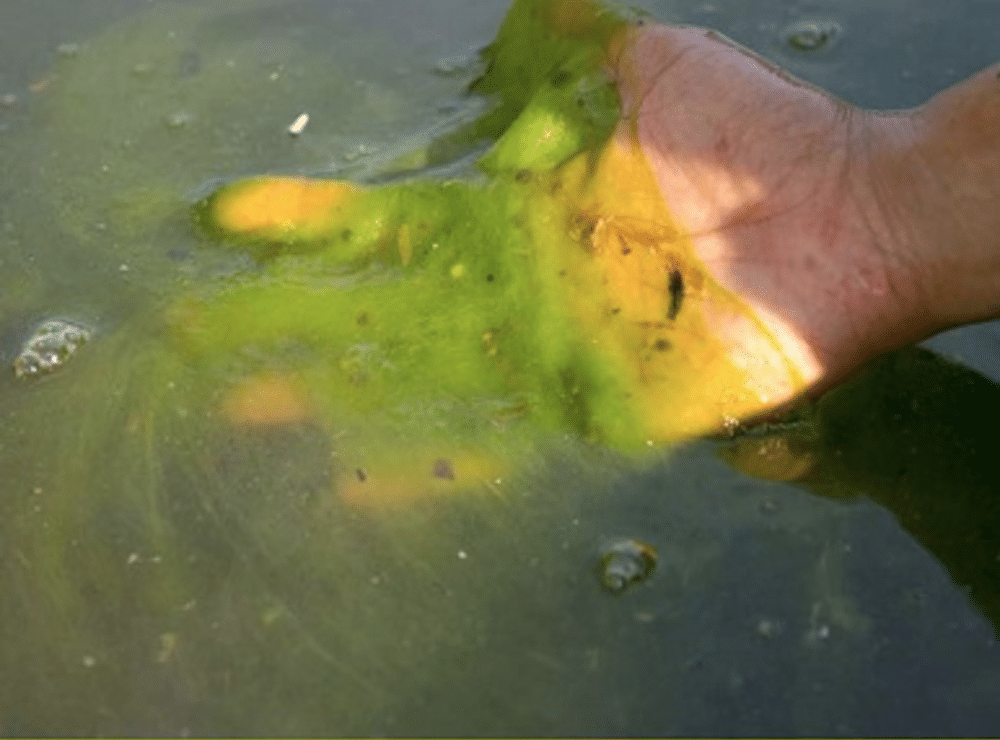George Mason University partnered with the Johns Hopkins Bloomberg School of Public Health to help communities within Maryland express their concerns on climate change, public health and energy sources.
WHY YOU SHOULD TAKE A LOOK:
The report explores attitudes toward policies that relate to climate change due to extreme weather events such as extended periods of high heat, flooding, and storms resulting in the transmission of disease and decreased air quality.
KEY TAKEAWAYS
- 54% of Maryland adults report having a chronic health condition and periods of stress
- Millennials report experiencing more stress then any other generation. 20% were under constant stress over the last year.
- Participants report that their personal health and wellness are at least at minor risk because of other related effects from climate change: air pollution, extreme heat, severe storms, polluted drinking water or local bodies of water, food- or insect-borne illnesses, flooding and sea level rise.
- 4 in 10 participants have been at least slightly harmed by extreme heat in the last year. 3 in 10 report their health has been harmed by severe storms.
- 7 in 10 agree their home energy choices affect their health and environment, and majorities want the state to use less fossil fuel energy in the future.
- 54% agree that the Maryland community has the resources to take care of its residents, including sufficient money for adaptation technology.
- 32% of Marylanders report that climate change poses a moderate risk, 23% report a minor risk, and 14% say no risk due to climate change.



